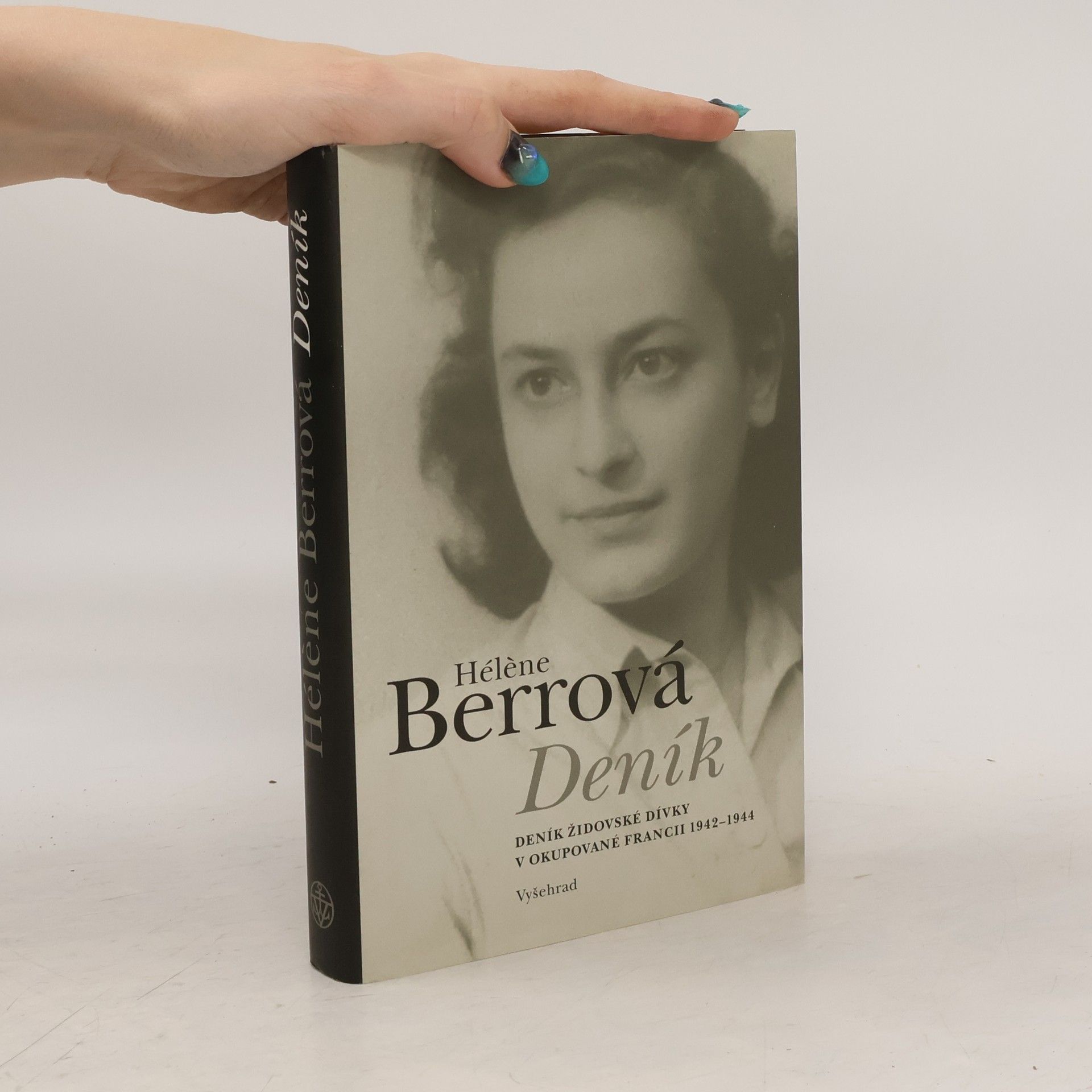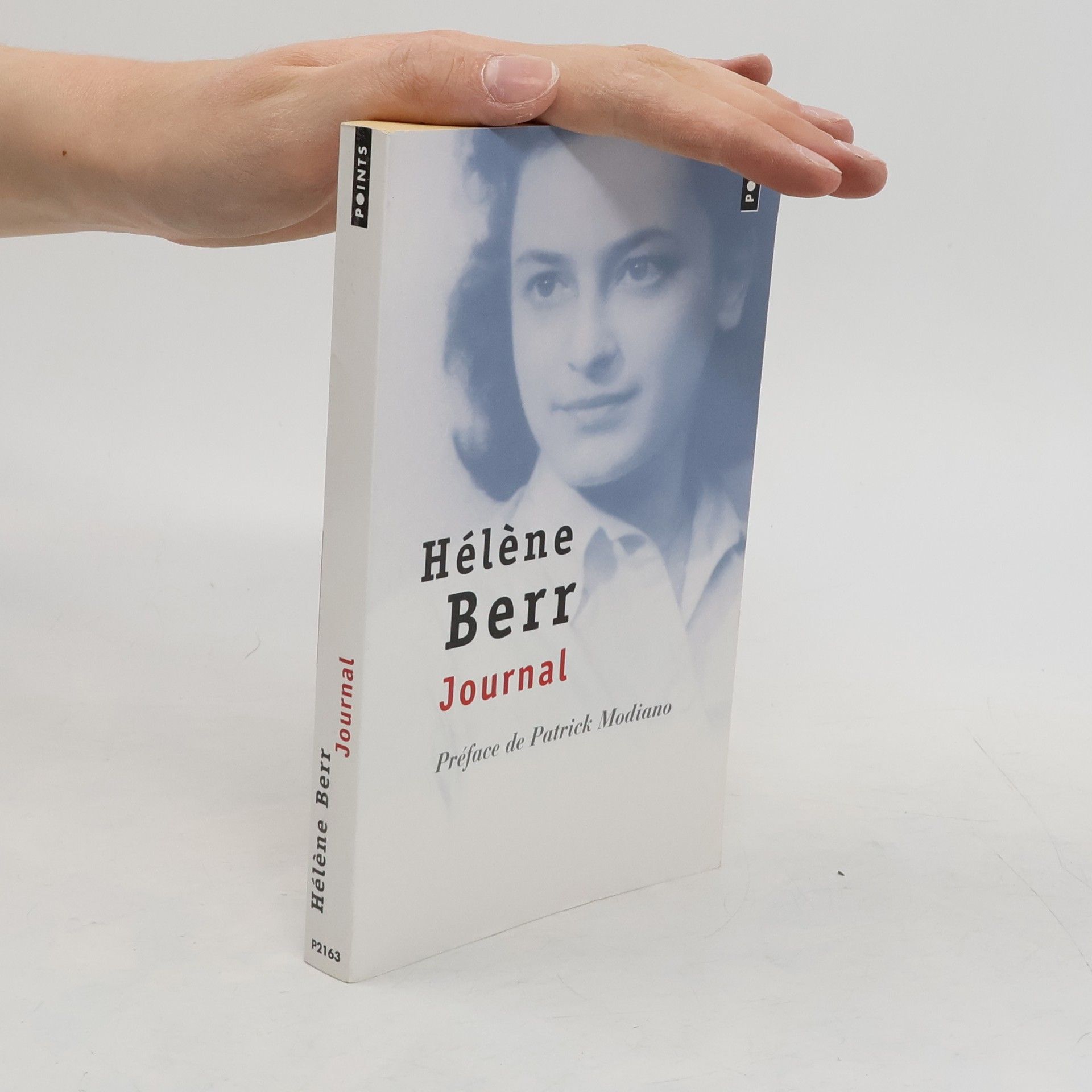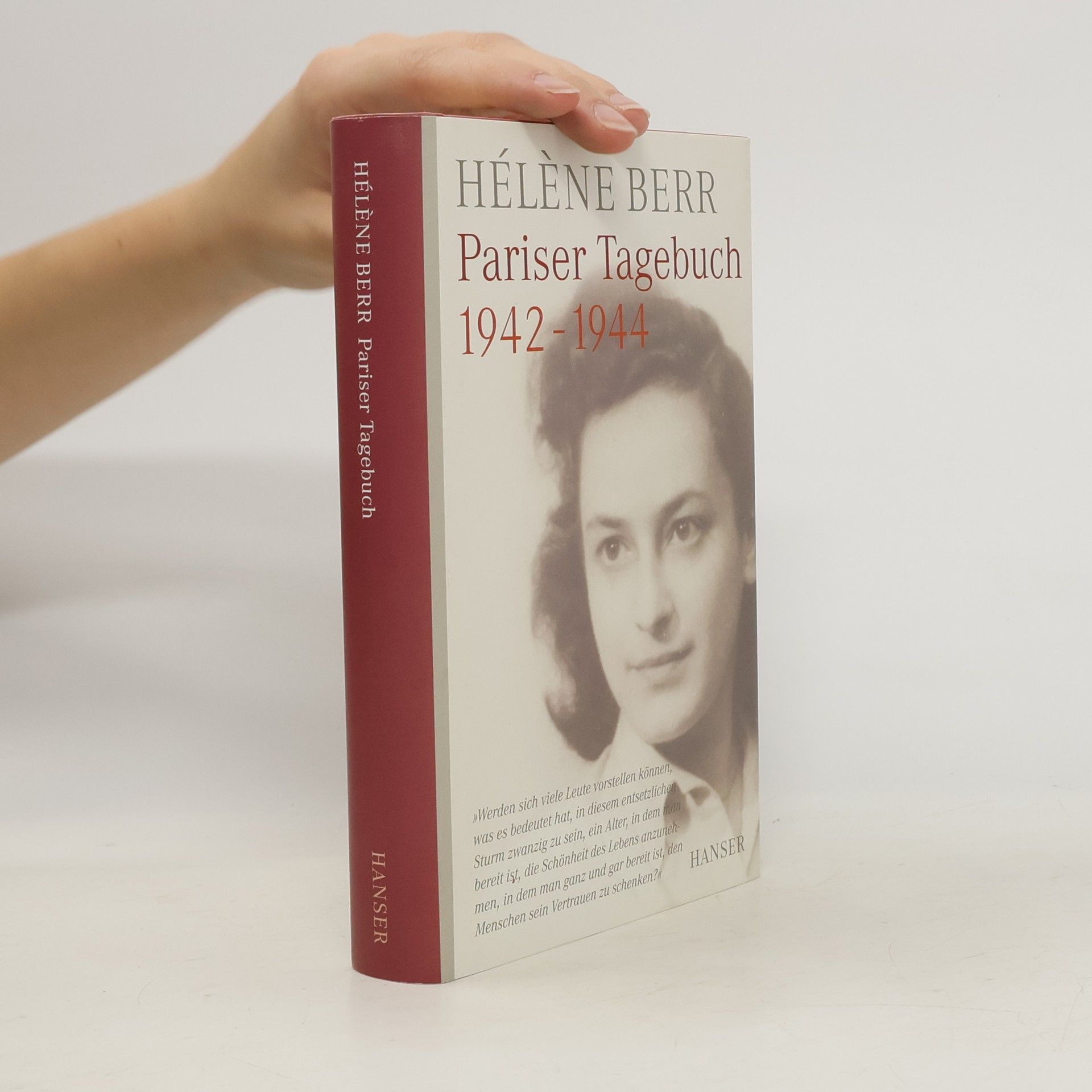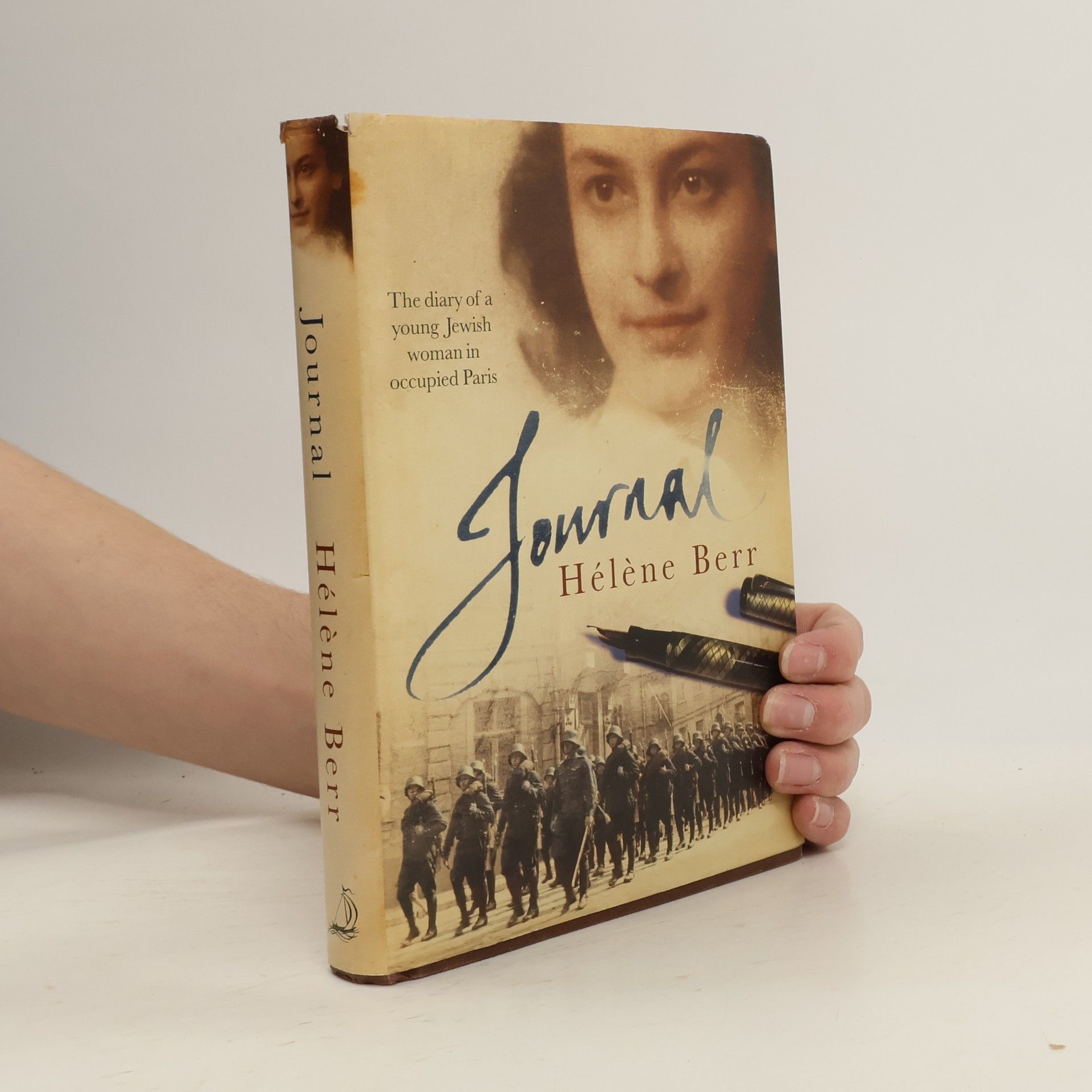From April 1942 to March 1944, Hélène Berr, a recent graduate of the Sorbonne, kept a journal that is both an intensely moving, intimate, harrowing, appalling document and a text of astonishing literary maturity. With her colleagues, she plays the violin and she seeks refuge from the everyday in what she calls the "selfish magic" of English literature and poetry. But this is Paris under the occupation and her family is Jewish. Eventually, there comes the time when all Jews are required to wear a yellow star. She tries to remain calm and rational, keeping to what routine she can: studying, reading, enjoying the beauty of Paris. Yet always there is fear for the future, and eventually, in March 1944, Hélène and her family are arrested, taken to Drancy Transit Camp and soon sent to Auschwitz. She went - as is later discovered - on the death march to Bergen-Belsen and there she died in 1945, only five days before the liberation of the camp. The last words in the journal she had left behind in Paris were "Horror! Horror! Horror!", a hideous and poignant echo of her English studies. Hélène Berr's story is almost too painful to read, foreshadowing horror as it does amidst an enviable appetite for life, for beauty, for literature, for all that lasts.
Hélene Berr Libros





Journal
- 306 páginas
- 11 horas de lectura
From April 1942 to March 1944, Helene Berr, a recent graduate of the Sorbonne, kept a journal that is both an intensely moving, intimate, harrowing, appalling document and a text of astonishing literary maturity. With her colleagues, she plays the violin and she seeks refuge from the everyday in what she calls the “selfish magic” of English literature and poetry. But this is Paris under the occupation and her family is Jewish. Eventually, there comes the time when all Jews are required to wear a yellow star. She tries to remain calm and rational, keeping to what routine she can: studying, reading, enjoying the beauty of Paris. Yet always there is fear for the future, and eventually, in March 1944, Hélène and her family are arrested, taken to Drancy Transit Camp and soon sent to Auschwitz. She went - as is later discovered - on the death march to Bergen-Belsen and there she died in 1945, only weeks before the liberation of the camp. The last words in the journal she had left behind in Paris were “Horror, Horror, Horror…”, a hideous and poignant echo of her English studies from The Heart of Darkness. Hélène Berr's story is almost too painful to read, foreshadowing horror as it does amidst an enviable appetite for life, for beauty, for literature, for all that lasts.
Was es bedeutet, jung zu sein in unsicherer Zeit: Noch im April 1942 beschreibt die Literaturstudentin Hélène in ihrem Tagebuch Paris als Stadt der Lebensfreude. Im Juni bereits muss sie den Judenstern tragen, ihr Vater wird festgenommen, und sie beendet ihre Aufzeichnungen. Als sie das Tagebuch 1943 wiederaufnimmt, legt sie Zeugnis ab vom grassierenden Antisemitismus und von dem Unrecht, das während der deutschen Besatzung geschieht. Hélène Berr steht internierten Juden und ihren Angehörigen bei. Sie schwebt in Gefahr, aber sie will nicht fliehen. In seinem Vorwort vergleicht Patrick Modiano Hélène Berr mit Simone Weil und Katherine Mansfield. Ihr Tagebuch gehört zu den bedeutendsten Zeugnissen der Shoa in Frankreich.
Avril 1942, Hélène Berr débute l'écriture de son journal. Elle y décrit, avec une pudeur et une sensibilité extrêmes, son quotidien de jeune juive parisienne : cours à la Sorbonne, lectures et promenades, amours naissantes. Le port de l'étoile jaune, l'application des lois antijuives et la peur des rafles envahissent brutalement sa vie. Jusqu'à son arrestation, en mars 1944. La lucidité et le talent littéraire d'Hélène Berr font de ce témoignage un document exceptionnel.
Deník. Deník židovské dívky v okupované Francii 1942-1944.
- 253 páginas
- 9 horas de lectura
V loňském roce poprvé vydaný deník mladé francouzské Židovky Hélene Berrové se stal bez nadsázky literární událostí, po francouzském vydání rychle následovaly překlady do řady světových jazyků. Zápisky inteligentní, citlivé a statečné mladé ženy umožňují spoluprožít tísnivou atmosféru okupace ve Francii, postupných deportací obyvatel židovského původu i stálého sváru mezi nadějí a nejasným tušením nepředstavitelné hrůzy na vzdáleném východě. Čtenáře až mrazí v zádech z vědomí, jak blízko má pisatelka k odhalení drastické pravdy. Téma plynových komor se mezi čekateli na deportaci skutečně vznáší, ale provázeno představami, které mají k pravdě pořád daleko. Tu si neumí představit nikdo. Pozoruhodná je osobnost autorky – její odhodlání nepoddat se pasivně osudu, ale až do poslední chvíle se snažit bojovat podle svých sil a možností proti zlu. Tento stále přítomný etický rozměr je spolu s literární přesvědčivostí a působivostí jednou z nejsilnějších stránek knihy.